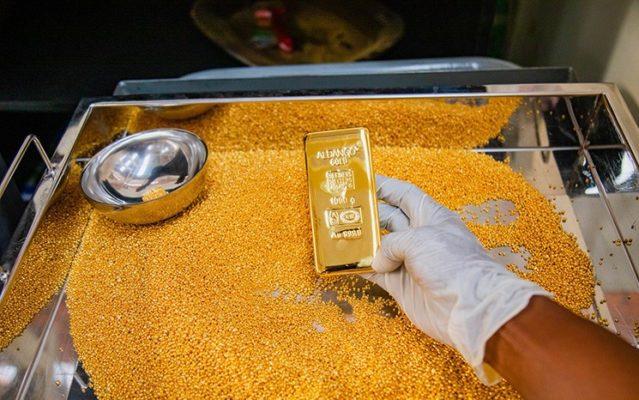Tanzania has seen significant changes in its mineral law regime, reflecting a global trend towards increased government control over mining. These changes have been driven by the need to ensure that the benefits of mining are equitably shared and that the sector contributes to sustainable development. One of the most significant changes in Tanzania’s mineral law regime is the introduction of the 2017 laws, which include the Natural Wealth and Resources (Permanent Sovereignty) Act and the Natural Wealth and Resources Contracts (Review and Renegotiation of Unconscionable Terms) Act.
In July 2017, the government of Tanzania passed several sweeping changes to the Mining Act of 2010 – the legal and regulatory framework that regulates the country’s natural resources. Supporting regulations were also enacted in 2018 and later amended in 2019. The changes enacted to rules by the Late President John Magufuli government have made the operating environment for mining companies more restrictive. These laws give the Tanzanian government the right to renegotiate or dissolve mining contracts deemed unfair or detrimental to the interests of Tanzanians.
Another critical change is the increased government stake in mining operations. The Mining (Local Content) Regulations of 2018 require mining companies to have a minimum of 16% government ownership. Furthermore, the royalty rates have been raised.
The rate has increased from 5% to 6% for gemstones and diamonds, while metallic minerals such as copper, gold, silver, and platinum group minerals will now be subject to a 6% royalty rate, up from 4%. This requirement ensures that the government has a direct stake in mining operations and can influence decisions that affect the sector.
These changes in Tanzania’s Mineral Law have significant implications for the mining sector in Tanzania. On the one hand, they give the government greater control over the industry, allowing it to ensure that mining activities align with national development goals. They create uncertainties for mining companies, which must navigate a more complex regulatory environment.
The national assembly has been granted extensive powers through these new laws, enabling them to thoroughly review and direct the renegotiation of previous arrangements or agreements made by the government. In addition, the rules introduce fresh requirements for state participation in all mining companies.
This includes a minimum of 16% free-carried interest, which can be increased to 50% to match the value of historical tax benefits given to mining companies.
These regulatory changes, along with additional ones implemented in 2018 and subsequently amended in 2019, have created significant policy uncertainty in the country. Still amidst the chaos, the amendments inspire more investments as after the amendments to the Mining Act in 2017, now a mining company operating in Tanzania must be at least 20% owned by Tanzanian citizens, down from the previous requirement of 51% (as stated in the 2018 Mining Local Content Regulations).
Generally, these changes also present opportunities. By increasing government control over mining, Tanzania is positioning itself to ensure that the benefits of mining are equitably shared. This could lead to improved social and economic outcomes for communities affected by mining activities.
As Tanzania continues to refine its mineral law regime, it will be crucial to balance attracting investment and ensuring that mining contributes to national development goals.
Read more insightful articles here.

